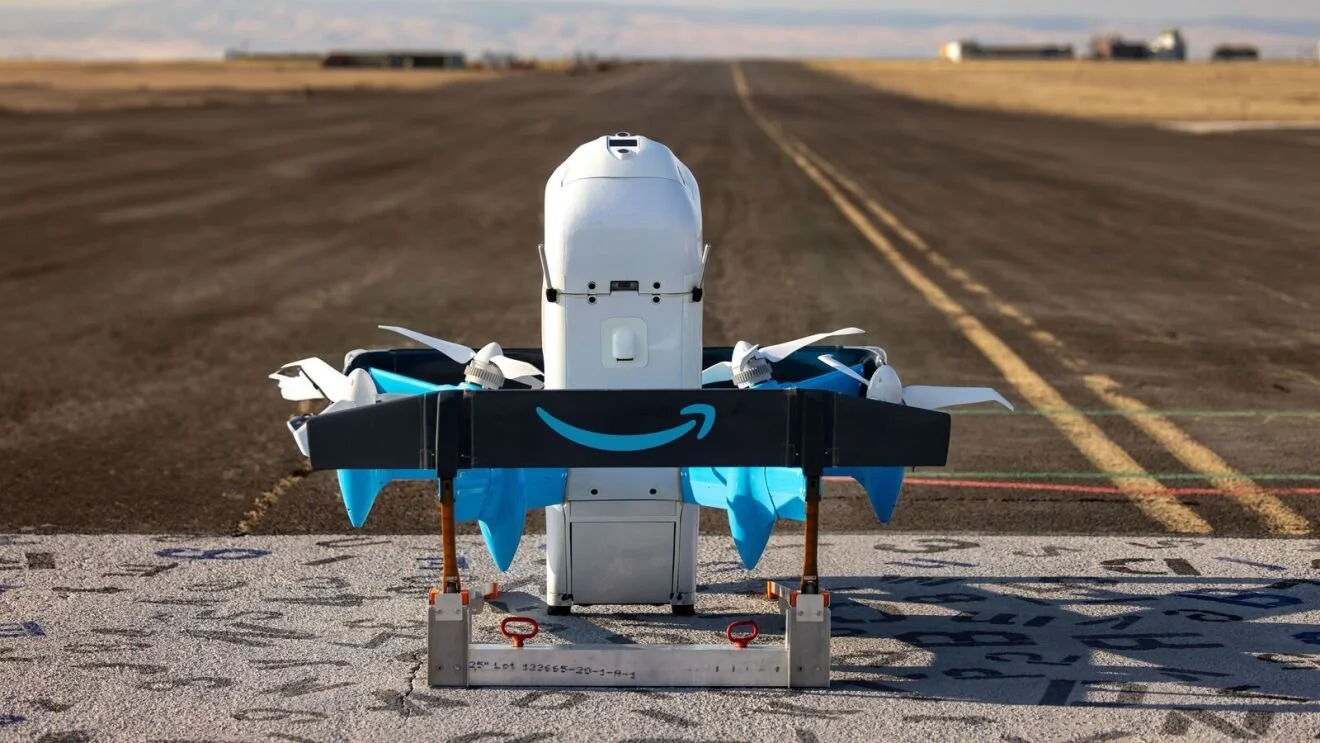Qantas Data Breach Exposes 5.7M Customers in Cyber Attack

Image Credit: Josh Withers | Splash
Australian airline Qantas Airways disclosed that hackers breached a third-party customer servicing platform, potentially exposing personal details of up to 5.7 million unique customers in what experts describe as a social engineering attack, highlighting vulnerabilities in voice-based impersonation tactics that may involve artificial intelligence.
The breach, detected on June 30, 2025, involved cybercriminals using phone calls to impersonate internal staff and trick contact centre employees into granting access, according to initial investigations by Qantas and cybersecurity experts. The airline contained the incident swiftly, but a significant amount of customer data was stolen, including names, email addresses, frequent flyer numbers and, for some individuals, phone numbers and dates of birth. No financial information, passports or passwords were compromised.
Incident Details
Qantas announced the breach on July 2, 2025, after identifying unusual activity on a platform operated by an offshore contact centre in Manila, Philippines. The system contained service records for approximately 6 million customers, but forensic analysis refined the number of unique affected individuals to 5.7 million.
Hackers targeted contact centre staff with deceptive phone calls, impersonating legitimate employees to obtain credentials or bypass security measures such as multi-factor authentication. This approach aligns with methods used by the hacking group Scattered Spider, also known as UNC3944, though definitive attribution has not been confirmed by Qantas. Cybersecurity firms including CyberCX, Rapid7 and Palo Alto Networks have noted similarities with the group's tactics, based on recent patterns.
The group, primarily young hackers from the United States and United Kingdom, has previously targeted sectors like hospitality and gaming, including the 2023 MGM Resorts and Caesars Entertainment breaches. It recently shifted focus to aviation, following incidents at Hawaiian Airlines and Canada's WestJet, prompting an FBI advisory on June 27, 2025.
Qantas notified the Australian Cyber Security Centre, the Office of the Australian Information Commissioner and federal police. Chief Executive Vanessa Hudson issued an apology and confirmed the engagement of independent experts for a probe. The airline established support lines and a dedicated webpage for updates. No ransom demand has been received, and there is no evidence of the stolen data appearing on the dark web or being publicly released, though monitoring continues.
Background on Scattered Spider and Evolving Cyber Threats
Scattered Spider emerged in 2022, gaining notoriety for social engineering attacks that exploit human vulnerabilities rather than technical exploits. The group often collaborates with ransomware affiliates like BlackCat or RansomHub for extortion.
Data breaches in Australia increased 25% in 2024, with 1,113 incidents reported, according to the Office of the Australian Information Commissioner. Social engineering, including voice phishing or "vishing", represented a rising portion, impacting health, finance and government sectors. The Qantas incident underscores risks in outsourced services, where third-party platforms serve as entry points.
The breach occurred during peak travel season, potentially maximizing disruption. Experts observe the group's sector-specific campaigns, moving targets to evade detection, with stolen data possibly used for secondary scams or identity theft.
The Potential Role of AI in the Breach
While the attack involved voice impersonation during phone calls, experts speculate that artificial intelligence could enhance such tactics through voice cloning or deepfakes, though no technical evidence has been publicly released confirming AI use in this case. Cybersecurity reports indicate this as a likely evolution of Scattered Spider's methods, but Qantas and investigators have not verified it.
AI voice synthesis technology allows creation of realistic audio from minimal samples, potentially aiding impersonation in vishing attacks. In broader contexts, AI lowers barriers for cybercriminals by automating deception, as seen in tools from companies like ElevenLabs.
Broader Implications
From a neutral standpoint, AI offers advantages in cybersecurity, such as advanced threat detection systems that analyze patterns for anomalies, improving response times in incidents like this. It also supports beneficial applications, including automated customer service and voice restoration for medical purposes.
However, potential misuse poses significant drawbacks, eroding trust in voice verification and amplifying social engineering risks. If AI was involved here—though unconfirmed—it would demonstrate how the technology can bypass protocols without exploiting software flaws. Ethical issues include lack of consent for voice data and detection challenges, where current tools often trail generation capabilities.
The incident's progression reveals supply chain vulnerabilities, akin to prior Australian breaches at Optus and Medibank. Mandatory notification laws enabled prompt disclosure, but the 48-hour delay could allow data misuse for targeted fraud or credential stuffing across platforms.
Experts like UNSW's Richard Buckland highlight psychological effects, diminishing public trust in institutions. Combined with other leaks, the data could enable sophisticated scams.
Future Trends in Cyber Threats and Defenses
Cyberattacks incorporating AI are projected to increase, with voice deepfakes potentially becoming more refined via generative models. Analysts anticipate hybrid threats blending AI with traditional social engineering, targeting critical sectors like aviation.
Countermeasures include AI-driven anomaly detection in calls, voice biometrics with liveness verification and enhanced vendor audits. Australia's upcoming cyber strategy may emphasize AI ethics and stricter penalties. Employee training on vishing remains crucial, as human factors persist as the primary weakness.
Despite this, evasion techniques could advance, necessitating balanced reliance on technology and protocols like passwordless authentication.
Qantas shares showed minimal movement in Sydney trading. The airline advises customers to monitor for unusual activity and avoid unsolicited communications.
Source: The Guardian, Fox News, Qantas, Reuters, BBC
We are a leading AI-focused digital news platform, combining AI-generated reporting with human editorial oversight. By aggregating and synthesizing the latest developments in AI — spanning innovation, technology, ethics, policy and business — we deliver timely, accurate and thought-provoking content.







































































































































































































